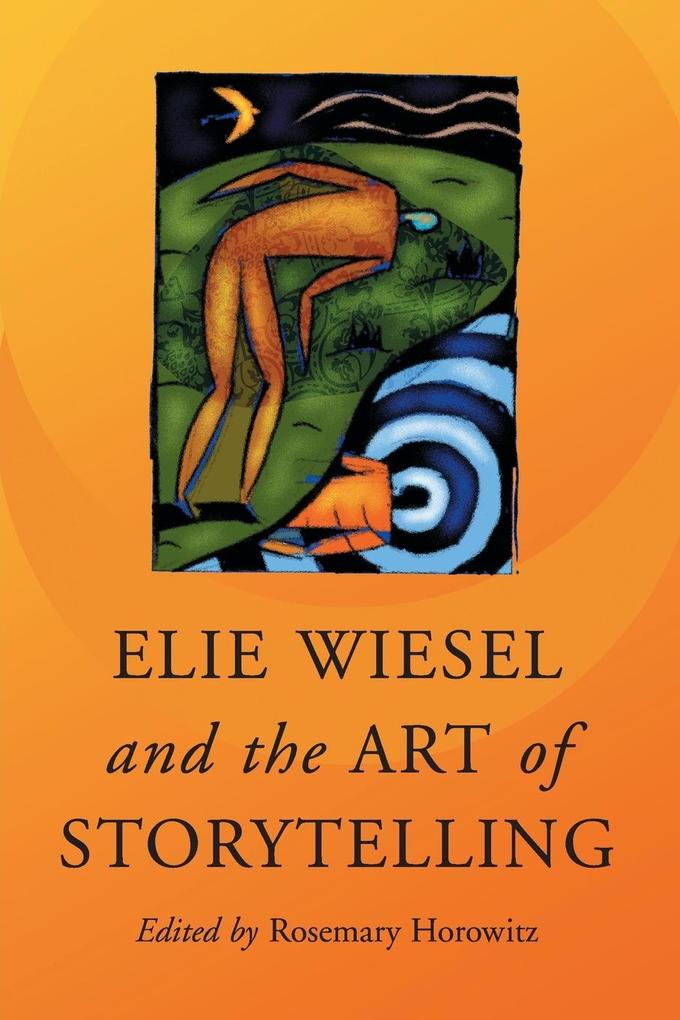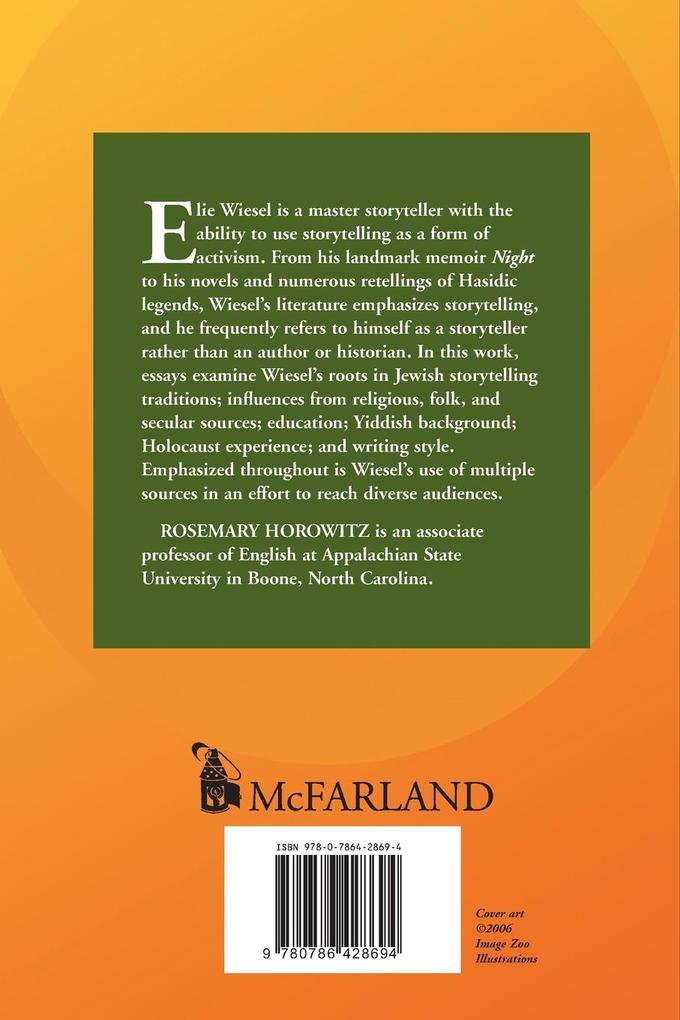Elie Wiesel is a master storyteller with the ability to use storytelling as a form of activism. From his landmark memoir Night to his novels and numerous retellings of Hasidic legends, Wiesel's literature emphasizes storytelling, and he frequently refers to himself as a storyteller rather than an author or historian. In this work, essays examine Wiesel's roots in Jewish storytelling traditions; influences from religious, folk, and secular sources; education; Yiddish background; Holocaust experience; and writing style. Emphasized throughout is Wiesel's use of multiple sources in an effort to reach diverse audiences.
Inhaltsverzeichnis
Table of Contents
Preface
Introduction
Mosaics and Mirrors: Wiesel, American Autobiographies, and the Shaping of a Storied Subject
Creative Ambiguity in Wiesel's Storytelling
Elie Wiesel: Telling Stories of Children and Loss
The Storyteller and His Quarrel with God
Wrestling with Oblivion: Wiesel's Autobiographical Storytelling as Midrash
The Maggid of Sighet: Jewish Contexts for Wiesel's Storytelling
Laughter and the Limits of Holocaust Storytelling: Wiesel's The Gates of the Forest
Transfiguration
The Artist as Witness, Prophet, and Encourager
Shaliach Tzibor: Wiesel as Storyteller of His People
Teaching Beyond the Text: Examining and Acting On the Moral Aspects of Night
Afterword: Night-the Memoir-a Promise Fulfilled
About the Contributors
Index











